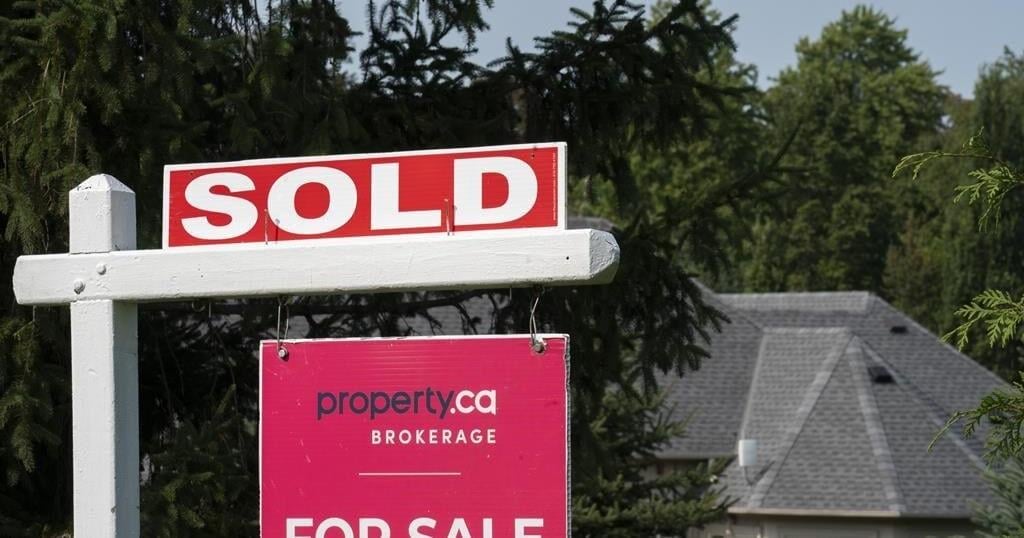In January of this year, the Federal Reserve announced a plan to adjust its monetary policies to meet the challenge of rapidly growing inflation. As many experts and economists believe it is the greatest threat to economic recovery, that plan includes raising interest rates three times over the course of the year. Rates have remained at rock-bottom levels to meet pandemic challenges, but a quick reopening has sparked a rise in inflation that banks are eager to get under control to bring the economy back to some level of normality.
But what does this mean for the real estate market? And more specifically, what are some of the steps a current or prospective property owner can take to navigate the volatility that remains, despite the downturn in Omicron variant cases throughout Los Angeles?
Make no mistake, Covid-19 is still very much a part of our lives and may well continue to be for the foreseeable future. But now we must learn to adapt and adjust to new real estate market realities and make the right moves when it matters most. Here are some actions to consider:
Refinance your mortgage
For much of last year, mortgages were available at interest rates hovering around 3%, but predictions for 2022 have that rate increasing by as much as one point. What kind of impact would a 4% rate have on your home loan? Even such a seemingly small increase could mean a significantly larger monthly payment.
Consider how such a fluctuation could affect a 30-year loan on a $400,000 home. Raising the rate from 3% to 4% represents an extra $223 in monthly payments, so now might be a good time to put some thought into locking in a fixed-rate mortgage to reduce these costly hikes and combat the unpredictability of increasing rates, particularly if your mortgage has a variable or adjustable rate that’s stretching your dollar thin already. Be sure to perform any due diligence ahead of a refinancing effort, of course, or when shopping around for a home equity line of credit (perhaps a change from a variable to a fixed-rate alternative).
Related: 5 Amazing Tips on Turning Real Estate Into a Real Fortune
Target reliable investment properties
Despite the many hardships that were part and parcel of the pandemic, having a roof over one’s head remained a priority for us all. A number of state and federal mandates put into place in response focused on keeping renters in their homes, even if they were unable to pay rent. When these mandates were lifted or reduced, demand for available rental options remained higher than ever on single- and multi-family properties (which were among the most in-demand during the height of the pandemic), even with a significant increase in vacancies in many markets.
Multi-family properties featured more competitive rent prices than single family properties, but both represented investment opportunities with dependable revenue streams. Some landlords might opt to make their properties more enticing to renters by including utilities and parking in the cost of rent. When a severe economic downturn hits, these are the properties that become more attractive to renters, who often need to make difficult decisions in their monthly budgetary plans.
Consistently high demand translates to increased value, which means more consistent income and a greater return on investment in the long run. The fact remains that regardless of the health of our national economy, this type of real estate continues to build wealth.
So is now the time to buy? Absolutely. With mortgage rates still low, you can expect to enjoy considerable savings on your borrowing costs, and if the Fed is indeed planning on raising rates in 2022, it’s best to strike while a palpable ambiguity remains in the economic outlook.
Related: Deciding Between a Multifamily or Single-Family Investment? There’s an Unlikely Winner.
The Federal Reserve forecast
Higher rates are always a detriment to real estate investments, and the Fed making waves about increases this year is sure to make investors nervous. Inflation is the culprit for this change in policy, but I wonder if they aren’t conflating inflation with the current ongoing supply chain issues that are being experienced in just about all sectors of commerce.
Those delays are being felt in the construction industry throughout the state of California (among others). Many essential building materials are sourced from Asia, and disruption in that supply chain is wreaking havoc on construction rates. Materials are getting harder to procure and the result is higher cost of goods and limited availability. This slows the pace of construction and increases costs related to the development of new residential properties.
Inventory of completed properties has decreased dramatically, due to both lower rates and that fewer are being built as a result of supply hiccups. That, combined with a growing scarcity of available properties for sale, could drive up prices in the state, a situation that may continue if present trends endure. If the Fed ultimately decides not to implement three rate hikes this year, real estate demand will likely remain strong throughout 2022.
Related: Best Bank Stocks to Invest in Ahead of Rising Interest Rates
